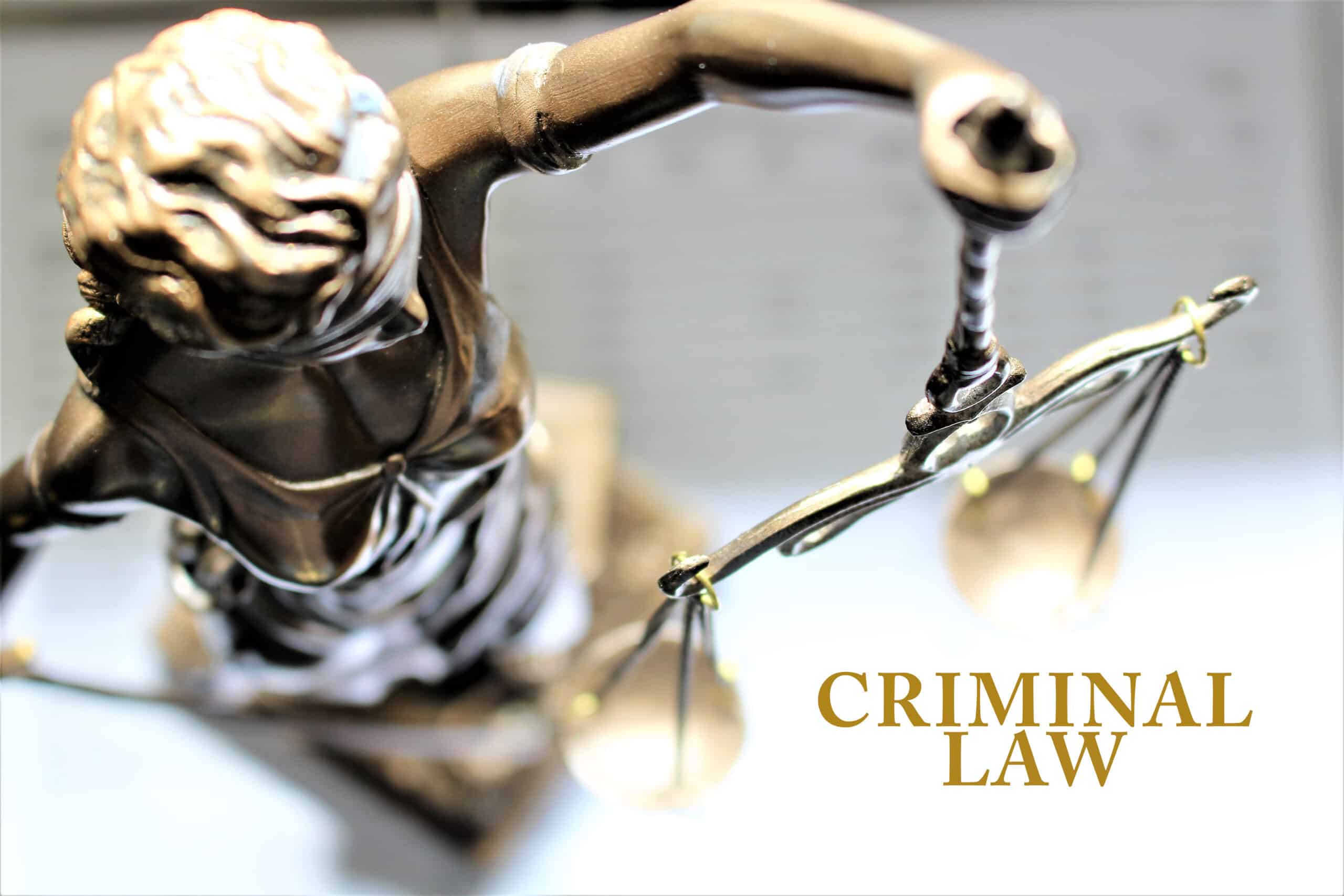When carrying the weight of a criminal record, it doesn’t just sit in the background. It shows up in places that matter – job applications, apartment hunting, and even volunteer opportunities. If you’ve served your sentence, completed probation, or had your case dismissed, it’s fair to wonder whether Colorado allows you to clear the slate. The answer is yes, but not always – and not without strategy.
Some cases qualify for record sealing; others don’t. But you shouldn’t assume you’re out of luck because someone told you so. Working with a Denver, Colorado criminal defense lawyer who understands the nuances of local court practices and statewide legal rules can change what might seem like a dead end into a path forward. At the Law Office of Kimberly Diego, we’ve helped people find options when they thought they had none left.
It’s Not Automatic – But It Might Be Possible
People often think sealing a record is like clicking “delete.” But it’s more like requesting permission to store the file where it’s no longer public. That means employers, landlords, and curious onlookers won’t have easy access, but certain government agencies still will. What matters most is that the outside world won’t see your past every time they run a search.
Not all records are treated equally. Some petty offenses and municipal violations can be sealed shortly after the case closes. Other records, like those tied to drug possession or non-violent misdemeanors, may require a waiting period. More serious charges, such as those involving violence or certain felonies, may be off the table entirely. A knowledgeable defense attorney will evaluate your case against Colorado’s evolving sealing laws and determine your eligibility based on timing, charges, and outcomes.
Timing Is Only Part of the Equation
Even if your case qualifies on paper, the process doesn’t happen by default. You’ll need to file a petition with the right court, in the right format, at the right time. Judges don’t grant these petitions automatically. They weigh your request against public interest and whether you’ve shown rehabilitation.
That’s where your Denver, Colorado criminal defense lawyer will step in. They’ll frame your request in a way that highlights your growth and shows why sealing your record serves both justice and common sense.
The court’s decision isn’t just about your past but who you are now. Your attorney will present that picture clearly and persuasively. They’ll explain how your current life circumstances reflect a break from the behavior tied to your charges. If there’s a hearing, your attorney will speak on your behalf and give the judge a reason to say yes.

Why Your Attorney’s Familiarity with Colorado Law Matters
Colorado’s record sealing laws have changed over the years, and they don’t apply the same way across all jurisdictions. What one judge considers persuasive might fall flat with another. A local criminal defense attorney who works in Denver courts, Jefferson County, or elsewhere in Colorado will recognize the subtle differences that can influence the outcome of your petition.
Denver, Colorado criminal defense lawyer Kimberly Diego won’t rely on generic templates or one-size-fits-all language. We’ll tailor your petition to fit the exact contours of your case. We understand that getting your record sealed isn’t just about moving on – it’s about getting access to the kind of future you’ve been working toward.
Don’t guess at your eligibility or wait for the system to fix itself. The opportunity to seal your record may be closer than you think, but it’ll take a skilled defense attorney to bring that opportunity into reach. Learn more by calling the Law Office of Kimberly Diego at (720) 257-5346 or using our online contact form for a free consultation.





